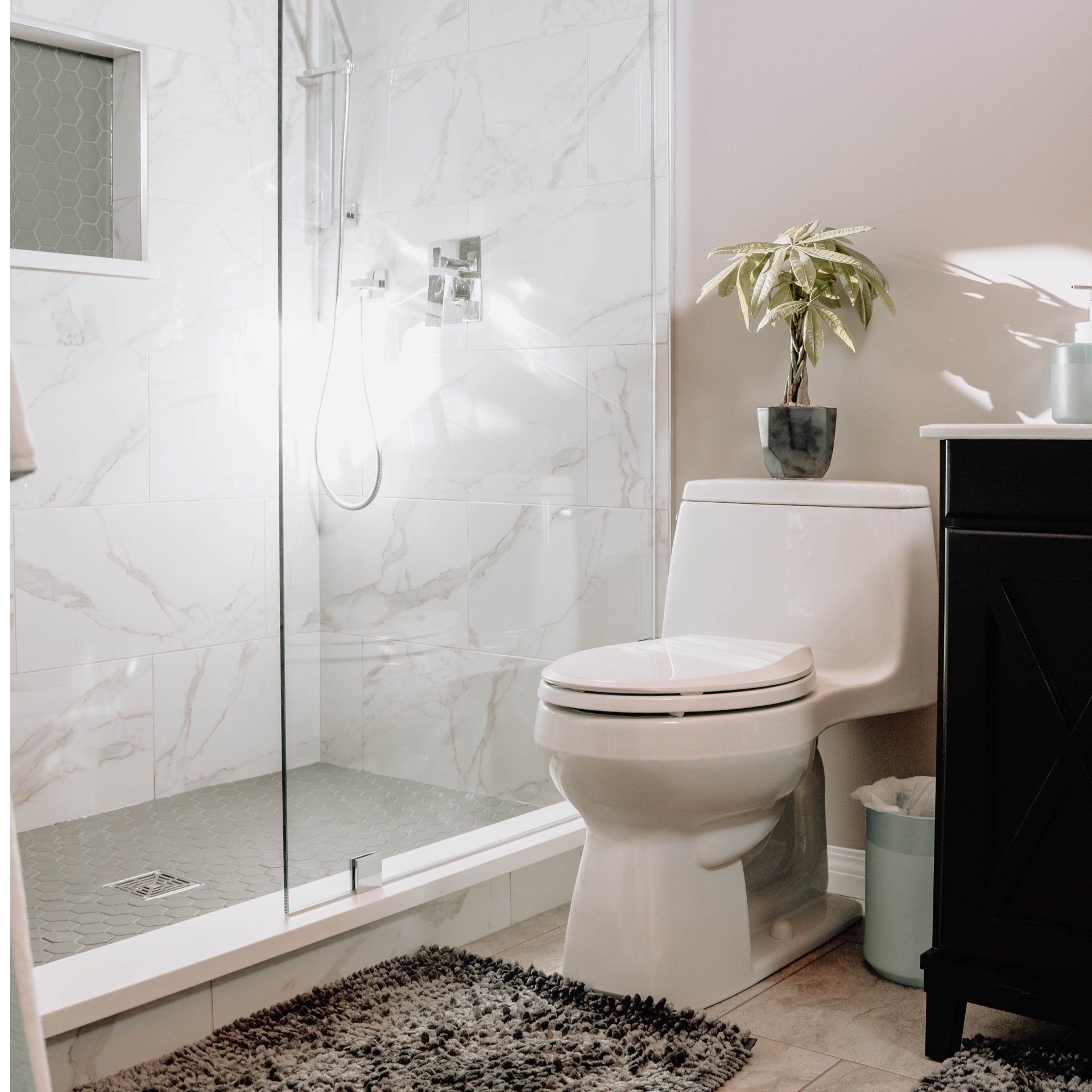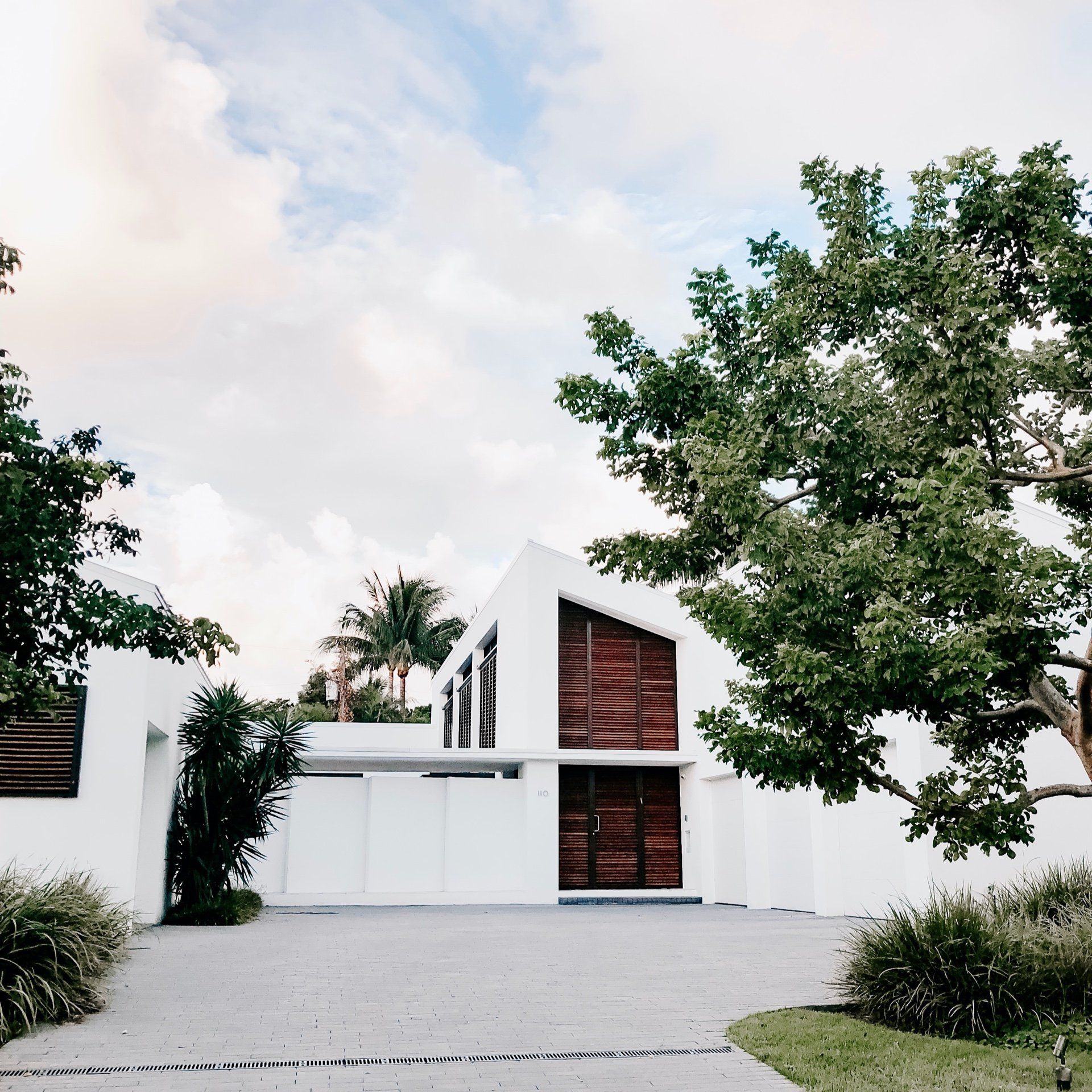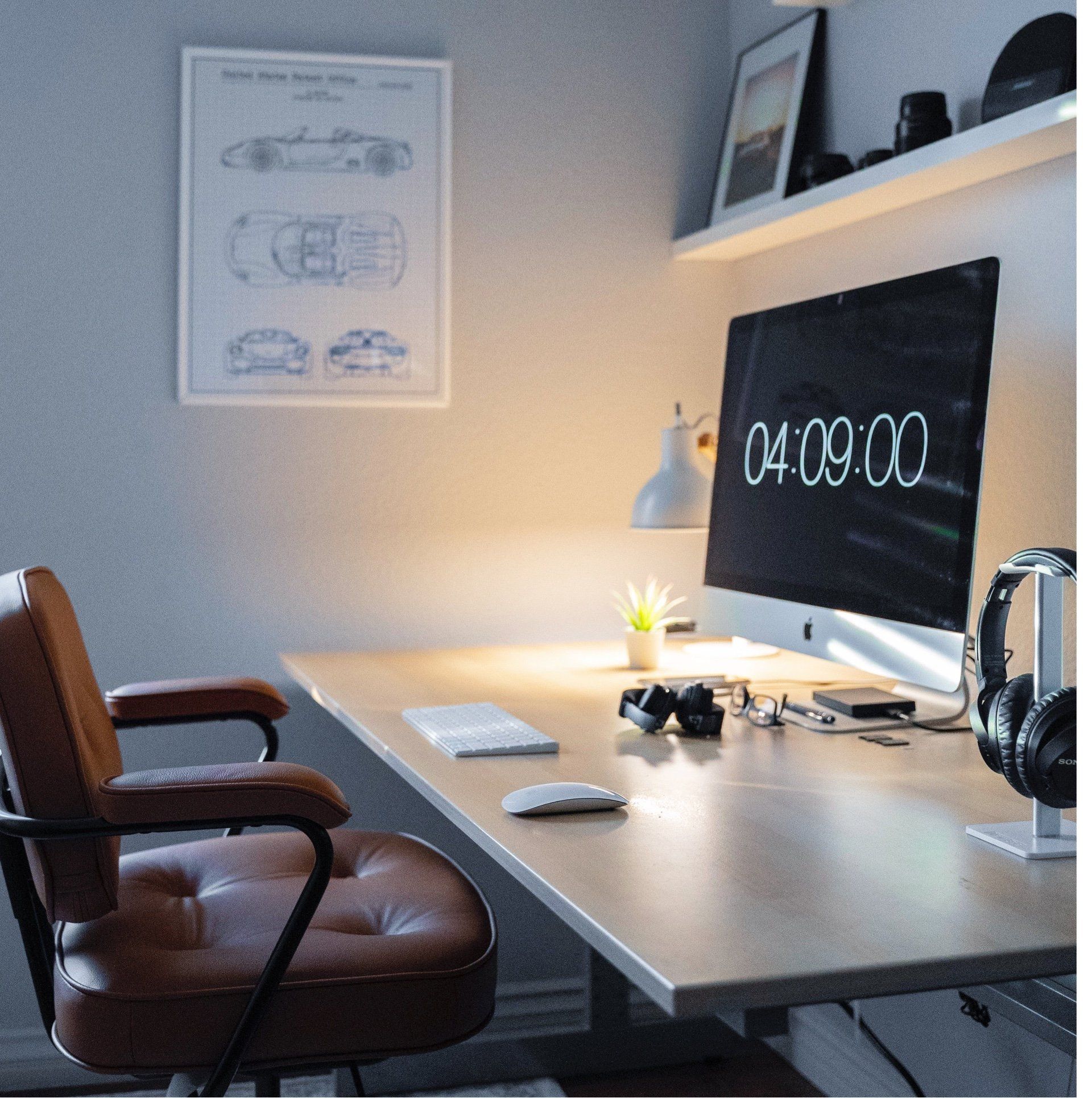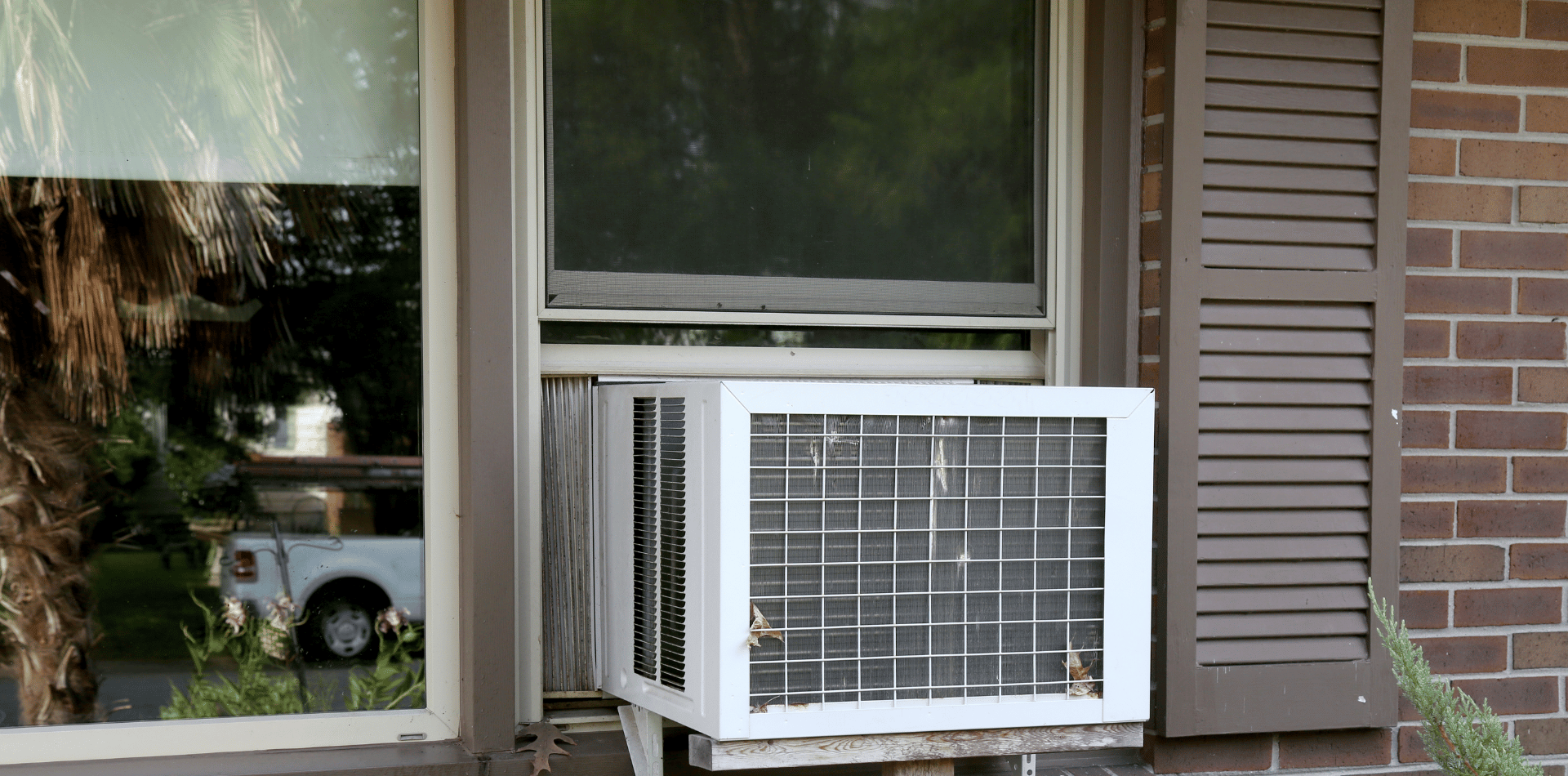How to Choose the Best Air Conditioner For Your Home
How to Choose the Best Air Conditioner For Your Home

How to choose the best air conditioner for your home.
As the temperature starts to fall outside, it’s easy to see why air conditioning is a necessity to keep you warm and comfortable.
There are four main types of home air conditioning units and systems that function on the principle of adding or removing heat. The main types of systems can vary in results when it comes to efficiency levels, aesthetics and the ability to provide comfort. To help you decide which is the best option for your home, let's take a look at the advantages and disadvantages of each unit or system.
Window air conditioners.
Window units are a popular type of cooling equipment designed to fit in double and single windows. They are most commonly installed in apartments which do not have a central air conditioning system. They are often used in single rooms in larger homes to boost an existing smaller system.
Benefits of using a window air conditioner
Window air conditioners tend to be relatively small, portable and can be easy to install without professional help.
A window air conditioner unit is the cheapest option for adding air conditioning to your home.
Today’s models have become are up to 30 percent more efficient than the models manufactured only 10 years ago. For your peace of mind, most come with warranties as long as five years.
Using a window air conditioner offers several benefits, enhancing comfort and convenience in your living space. Here's some reasons:
- Cost-Effectiveness: Window air conditioners are generally more affordable than central air conditioning systems, both in terms of initial purchase price and installation costs. They offer a practical solution for cooling individual rooms without the need to invest in extensive ductwork or a larger HVAC system. This affordability extends to maintenance and repair costs, which are typically lower for window units.
- Energy Efficiency: Modern window air conditioners have seen significant improvements in energy efficiency. With advancements in technology, many models now come with Energy Star ratings, indicating they use less electricity to cool your space. The increased efficiency not only reduces your carbon footprint but also leads to lower power bills. The mention that today's models are up to 30 percent more efficient than those from a decade ago highlights the strides made in energy-saving capabilities.
- Portability and Easy Installation: One of the key advantages of window air conditioners is their portability. They can be moved from room to room as needed, making them ideal for renters or people who prefer a flexible cooling solution. Additionally, they can be installed without professional help, saving on installation costs. This ease of installation also means you can quickly set up the air conditioner as soon as the weather starts to warm up, providing immediate relief from the heat.
- Space-Saving Design: Window units are compact and designed to fit snugly in most standard window frames, making them an excellent option for small apartments, study rooms, or homes where space is at a premium. Unlike large portable units, window air conditioners don’t take up valuable floor space, which can be particularly beneficial in smaller living areas.
- Warranty and Peace of Mind: Many window air conditioner models come with extended warranties, some lasting up to five years, offering peace of mind and protection for your investment. These warranties can cover parts and labour, ensuring that any malfunctions or issues within the warranty period are addressed without additional costs to you.
- Customisable Cooling Options: Modern window air conditioners often feature a range of settings that allow you to customise your cooling experience. This includes adjustable thermostat settings, multiple fan speeds, and even programmable timers, so you can cool your space according to your specific comfort needs and schedule.
- Improved Air Quality: In addition to cooling your space, many window air conditioners are equipped with filters that help improve indoor air quality by trapping dust, pollen, and other airborne particles. Regular cleaning and maintenance of these filters can further enhance the air quality in your home, providing a healthier living environment.
Window air conditioners offer a versatile, cost-effective, and energy-efficient solution for cooling your space. With easy installation, compact design, and improved energy efficiency, they represent a practical choice for those looking to beat the heat without breaking the bank.
Disadvantages of window air conditioner units
Window air conditioners are not intended to cool an entire home. Even if you live in an apartment, you will need multiple units to keep every room comfortable. Be aware that each unit you install restricts your ability to operate that window and blocks your view of the outside. You also need to consider the noise of the compressor running close to your ear.
Larger units can be difficult to install and remove for winter storage.
Some factors that can impair window air conditioner efficiency include:
- high ceilings
- lots of windows and doors
- high sun exposure
- cooling a room on the top floor.
Portable air conditioners.
Portable units are similar to window air conditioners, but they stand on the floor instead of going directly into the window.
The unit draws in air, removes heat and moisture, and sends cool, dry air back into your home. Hot, humid air is extracted through an exhaust hose going out the window. This may be a better option to window units if you have unsuitable windows or if you are unable to lift heavier window air conditioners.
Benefits of using a portable air conditioner
Portable air conditioners are much easier to set up than window units. Casters allow you to roll the floor units around so you can place them in the most efficient position. The hose leading out the window doesn’t obstruct your view, and it’s easy to temporarily remove the hose so you can operate the window when the weather is nice.
Here are some main reasons for choosing a portable air conditioner:
- Ease of Installation: One of the most significant benefits of portable air conditioners is their ease of installation. Unlike window units or central air systems, portable air conditioners do not require permanent installation or the need to fit them into a window space. This makes them an ideal choice for people who are looking for a quick and easy cooling solution without the need for professional installation services.
- Mobility and Flexibility: Equipped with casters, portable air conditioners can be easily moved from one room to another, allowing you to cool different areas as needed. This mobility is particularly beneficial in homes or offices where certain rooms tend to heat up more than others or in spaces where a permanent air conditioning solution is not feasible. The ability to move the unit to the most efficient position ensures optimal cooling and comfort.
- Minimal Window Blockage: Since portable air conditioners typically use a hose to vent warm air outside, they do not obstruct the view from your window as much as traditional window units. This is an essential feature for those who value natural light and want to maintain an unobstructed view of the outdoors. Additionally, the hose is usually easy to detach, allowing you to close the window and enjoy the fresh air on cooler days without the need to remove the entire unit.
- Versatility and Multi-functional: Many portable air conditioners come with additional features such as dehumidifiers and air purifiers, enhancing the comfort of your indoor environment. The dehumidifying function is particularly beneficial in damp climates, helping to remove excess moisture from the air, which can prevent mold growth and improve air quality. Some units also offer heating capabilities, making them useful year-round.
- Space-Saving Design: Portable air conditioners are typically compact and can be stored away when not in use, making them an excellent option for small apartments, dorm rooms, or offices. Their space-saving design means they can be easily tucked into a corner or closet, freeing up valuable living space.
- Energy Efficiency: While portable air conditioners vary in energy efficiency, many newer models are designed to be as energy-efficient as possible, providing significant cooling power without consuming excessive amounts of electricity. This efficiency can help lower energy bills, particularly when used to cool individual rooms instead of cooling an entire house with a central system.
- No Restrictions: In some buildings, especially rented apartments or historic properties, installing window air conditioners may be restricted due to aesthetic concerns, safety reasons, or building regulations. Portable air conditioners circumvent these issues, providing a cooling solution that complies with property rules and regulations.
Portable air conditioners offer a convenient, flexible, and efficient solution for cooling spaces without the need for permanent installation. Their ease of use, coupled with the ability to move them as needed, makes them an attractive option for those seeking a temporary or seasonal cooling solution.
Disadvantages of using a portable air conditioner
According to Consumer Reports, portable air conditioners tend to only deliver half the cooling capacity they claim, which can leave you feeling hot and sweaty even when the unit is working nonstop. They’re also more expensive and less efficient than similarly sized window units, driving both purchasing and operating costs up. Noise is another factor, and most portable air conditioners have water reservoirs you must drain manually as the unit removes excess humidity from the air.
Split System air conditioners.
A Split System is essentially a heat pump without ductwork.
It has two main components.
- An outdoor compressor, similar to the ones found in central air conditioners.
- An indoor evaporator coil and air handling unit that mounts to the wall or ceiling.
A conduit traveling through a sealed hole in the wall links the two units together.
Split System air conditioners are designed for cooling older homes without ductwork, smaller homes and add-ons where adding ductwork isn’t feasible.
Some Split System AC models achieve the highest efficiency ratings of any type of air conditioning system.
Benefits of using a Split System air conditioner
The main advantage of mini-splits is their ability to provide flexible cooling to individual parts of your home, all while maintaining a small size and energy efficient operation. It’s the closest thing you can get to central air conditioning without the need to tear up your ceiling and walls to install ductwork. Plus, since mini-splits are a type of heat pump, they can also provide home heating in the winter.
As an added bonus, ductless mini-splits operate as quietly as an ordinary fan. Since the compressor is located outside, these units are much quieter than a window or portable home air conditioner. Plus, with no need to access the window during installation, mini-splits provide better home security, an unobstructed view of the outside, and the ability to operate the window whenever you want.
Split system air conditioners, particularly mini-splits, offer a range of benefits that make them an increasingly popular choice for both residential and commercial settings.
Here's some more detail to help you choose if a Split System Air Conditioner is right for you:
- Flexible and Targeted Cooling: One of the primary advantages of mini-split systems is their ability to cool specific zones or rooms independently. This flexibility allows for individual temperature control in different parts of the home, leading to enhanced comfort and efficiency. You can cool only the areas that are in use, which is more energy-efficient than cooling empty spaces.
- Compact Size and Non-Intrusive Installation: Mini-split systems are known for their small size and the minimal impact they have on your home’s structure. Unlike traditional ducted air conditioning systems, they do not require extensive ductwork, which can be invasive and costly to install. This makes mini-splits an excellent option for older homes, renovations, or extensions where installing ductwork is impractical or impossible.
- Energy Efficiency: Mini-splits are generally more energy-efficient than traditional HVAC systems. By avoiding the energy losses associated with ductwork, which can account for more than 30% of energy consumption for space conditioning, mini-splits provide cooling and heating with less waste. This efficiency can lead to significant savings on utility bills and contribute to a smaller environmental footprint.
- Heating Capability: Since mini-splits operate as heat pumps, they can reverse their cooling process to provide heating in the winter. This dual functionality makes them a versatile year-round solution for temperature control, reducing the need to install separate heating systems.
- Quiet Operation: The noise levels of mini-split systems are significantly lower compared to window or portable air conditioners. Since the compressor and most mechanical parts are located outdoors, the indoor noise is minimal, often no louder than a whisper. This makes mini-splits ideal for bedrooms, offices, and other spaces where noise is a concern.
- Improved Home Security and Aesthetics: Without the need to install a unit in a window, mini-splits offer better home security, as window-mounted units can provide an entry point for burglars. Additionally, preserving window functionality means no loss of natural light or views, and the interior air handling units are sleek and unobtrusive, blending in with most decor styles.
- Air Quality Improvement: Many mini-split systems come with built-in filters and air purification technologies that help improve indoor air quality by removing dust, allergens, and other pollutants from the air. Regular maintenance and cleaning of these filters can enhance the overall health and comfort of your home environment.
- No Ductwork Required: The absence of ductwork not only simplifies installation but also eliminates the dust, allergens, and other pollutants that can accumulate in ducts, leading to cleaner air being circulated throughout your home.
Split system air conditioners, particularly ductless mini-splits, offer an efficient, flexible, and aesthetically pleasing solution for cooling and heating. Their numerous benefits, including energy efficiency, quiet operation, and improved air quality, make them an excellent choice for a wide range of applications.
Disadvantages of using a Split System air conditioner
Splits Systems are generally more expensive than window or portable units. It also requires a professional to perform the installation, which includes drilling a three-inch hole in the wall to link indoor and outdoor components. You also need to take interior design considerations into account since the unit mounts to the wall or ceiling of the room you want to heat or cool.
Ducted air conditioning system.
This option is the most comprehensive way to cool your home. It involves distributing cooled air through ductwork with return and supply registers in each room. All air conditioning components are located outside, except for the air handler, which is usually shared with the furnace. If you’re looking for whole-house cooling, and you already have ductwork in place, this is the most popular option.
Benefits of using a ducted AC system
Ducted air conditioning is the most efficient way to keep your whole house cool. You can expect lower energy bills alongside better indoor comfort, cooler temperatures and lower humidity. With all air conditioning components located outside, you can keep cool with a virtually invisible, silent system.
Installation is fairly straightforward if you already have ductwork, but you’ll still need to hire a professional for the job. Still, since it becomes a permanent fixture in your home, it is an investment that adds value to it.
Ducted air conditioning systems, also known as central air conditioning, offer several significant benefits for homeowners and businesses alike.
Here's some of the main benefits:
- Whole-House Comfort: One of the primary advantages of ducted air conditioning is its ability to provide consistent cooling (or heating) throughout the entire home or building. This ensures that every room is maintained at a comfortable temperature, eliminating hot or cold spots that can occur with standalone units. The system's ability to distribute air evenly contributes to a more comfortable and inviting living or working environment.
- Energy Efficiency and Cost Savings: Modern ducted air conditioning systems are designed for high efficiency, which can lead to lower energy bills over time. While the initial setup may be more costly than individual units, the overall energy consumption for cooling an entire house can be lower with a ducted system, especially if it's properly sized, installed, and zoned. Zoning allows you to control the temperature in different areas or rooms independently, which means you can cool or heat only the spaces in use, leading to further energy savings.
- Aesthetic Integration: Since the bulk of a ducted system is hidden away in the ceiling, walls, or floors, it offers a cleaner look compared to window or portable units. There are no bulky components inside the rooms, just discreet vents that can be designed to blend with the decor. This virtually invisible solution preserves the aesthetic appeal of your interior spaces without compromising on comfort.
- Quiet Operation: Ducted systems are generally quieter than other types of air conditioning because the compressor and fan, which are the primary sources of noise, are located outside the living areas, typically on the roof or around the side of the building. This results in a significantly quieter indoor environment, enhancing the comfort and tranquility of your home or office.
- Improved Air Quality: Ducted air conditioning systems can be equipped with advanced filtration that reduces airborne contaminants such as dust, pollen, and other allergens, resulting in healthier indoor air quality. Regular maintenance of the ductwork and filters ensures that the system continues to provide clean, fresh air.
- Adds Value to Your Property: Installing a ducted air conditioning system can increase the value of your property. It's considered a premium upgrade that adds to the overall appeal and comfort of the home, making it more attractive to potential buyers or renters.
- Professional Installation and Maintenance: While ducted systems require professional installation, this ensures that the system is correctly sized and optimised for your specific needs, leading to better efficiency and performance. Professional maintenance also helps in prolonging the life of the system, ensuring it continues to run smoothly and efficiently for years to come.
- Customizable and Programmable Features: Many ducted systems come with advanced programmable features and thermostats that allow you to set and forget your preferred temperatures for different times of the day or week. This level of control can contribute to further energy savings and ensure that your home is always at a comfortable temperature when you need it to be.
While ducted air conditioning systems require a significant initial investment, their benefits in terms of comfort, efficiency, aesthetics, and property value make them a worthwhile consideration for those looking to cool or heat their entire home or building effectively.
Disadvantages of using a ducted AC system
Ducted air conditioning systems for homes require annual maintenance to remain in top working condition for years to come. Be prepared for higher upfront costs as well, especially if you also need ductwork. However, if you’re just replacing an existing central air conditioning unit, the cost is cheaper than putting in a new ductless mini-split.
Your final consideration as you compare air conditioning systems is the size you need. If you choose an undersized unit, it won’t keep up on the hottest days. If you install an oversized unit, it will short cycle, which wears out parts faster and doesn’t give the unit a chance to dehumidify the space.
When you choose a ducted home air conditioner or ductless mini-split, a licensed professional contractor sizes the unit for you so it precisely meets your cooling needs. It’s just one more reason to opt for a professionally installed home air conditioning unit.

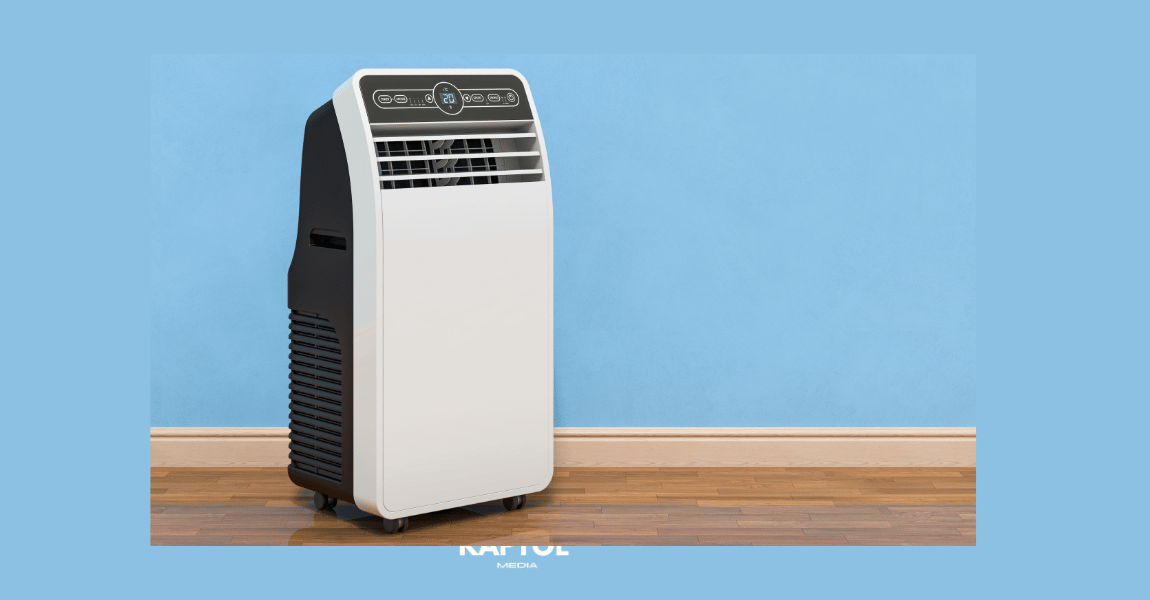
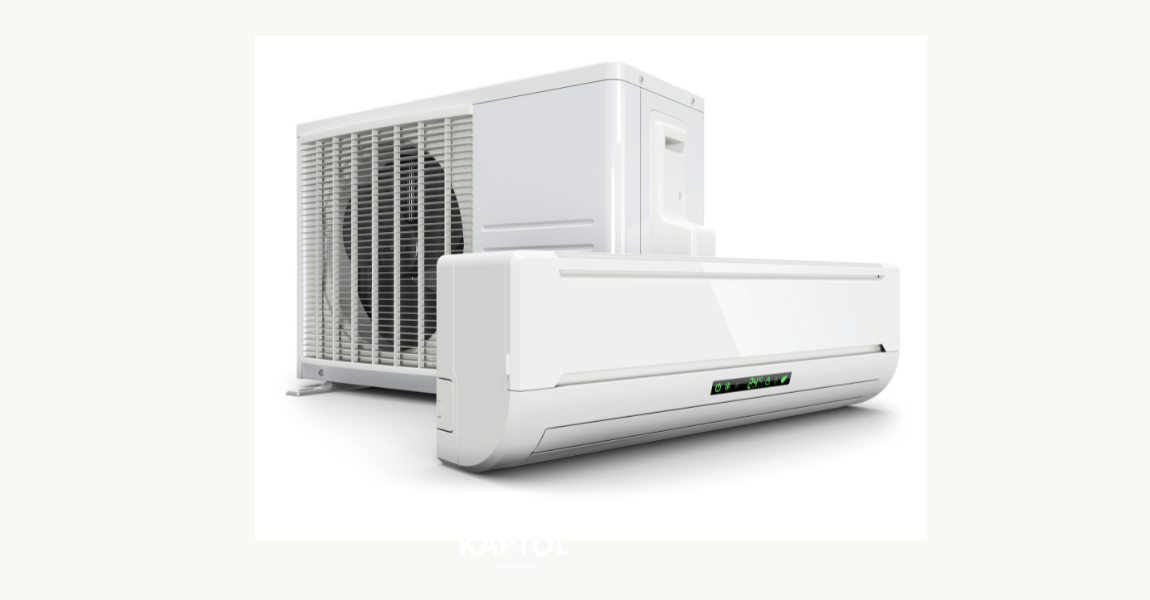
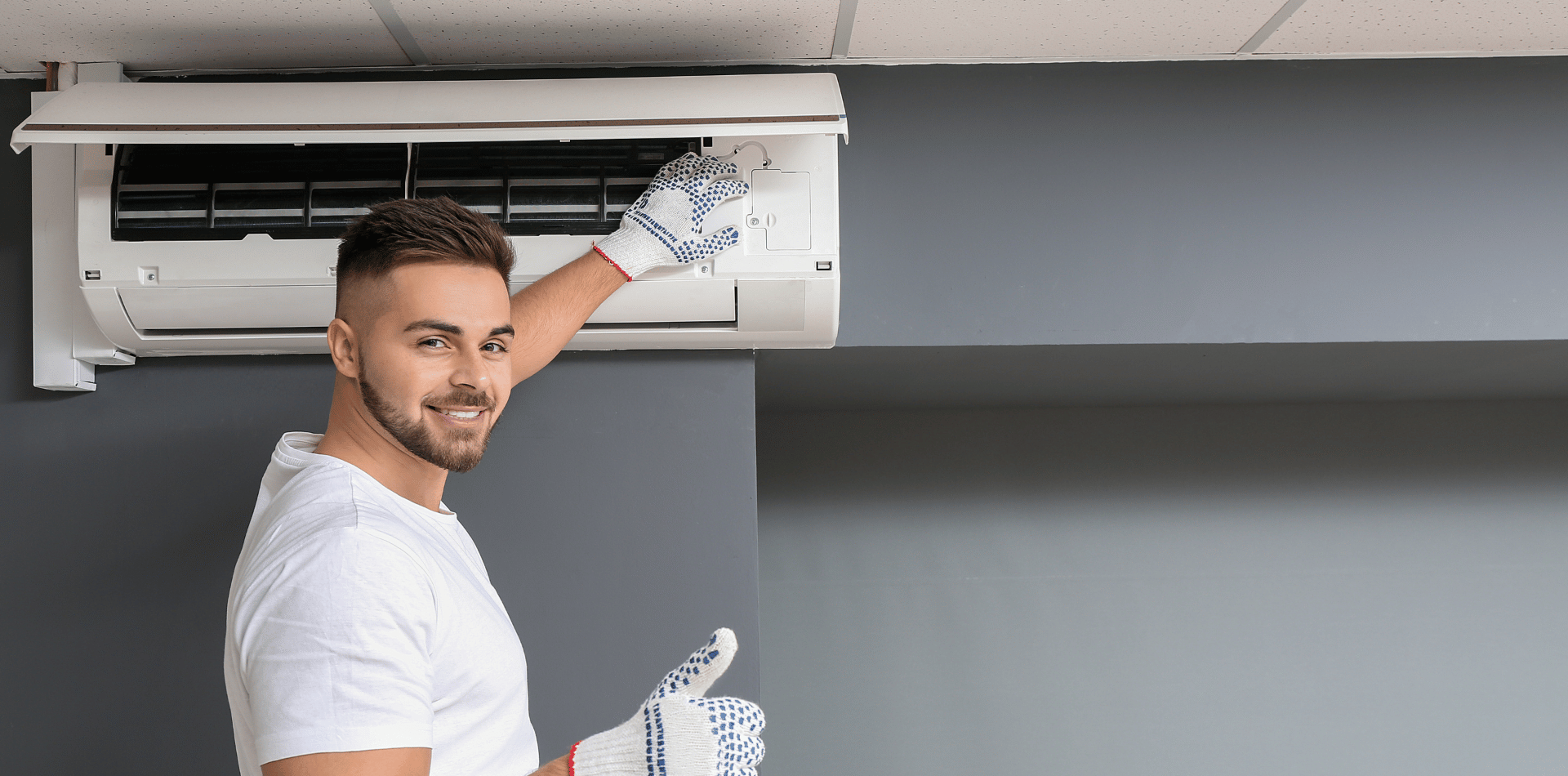


We bring pride and passion to every project we undertake, with a professional team of project managers and tradespeople.
Proudly Powered by Kaptol Media

